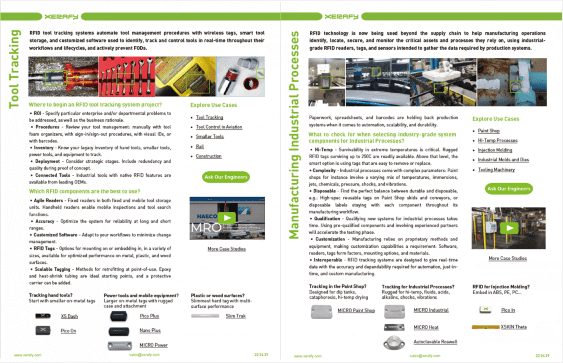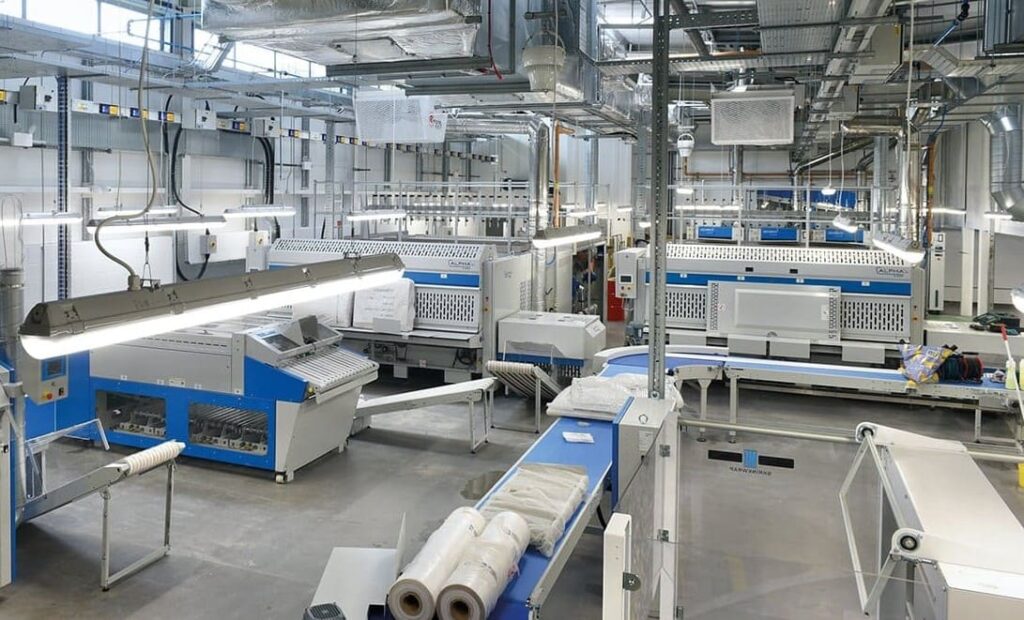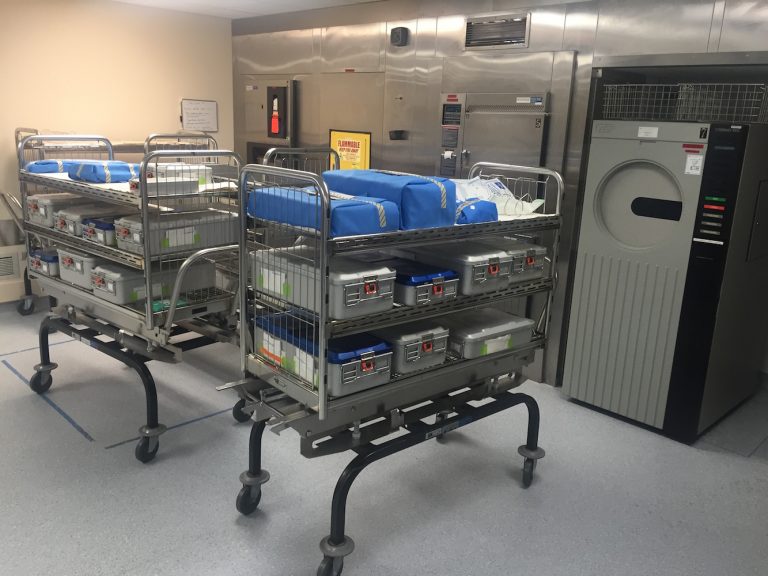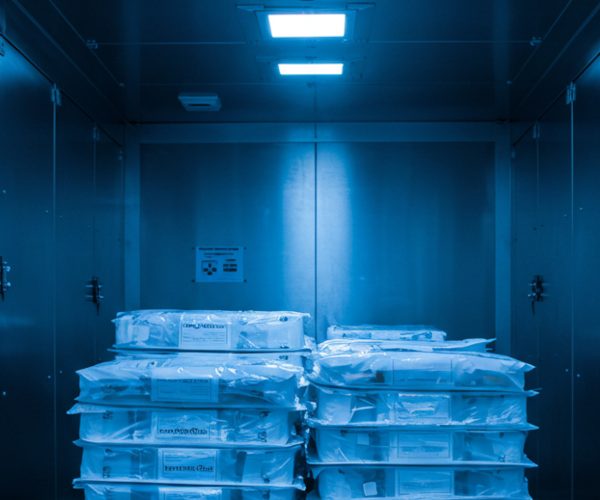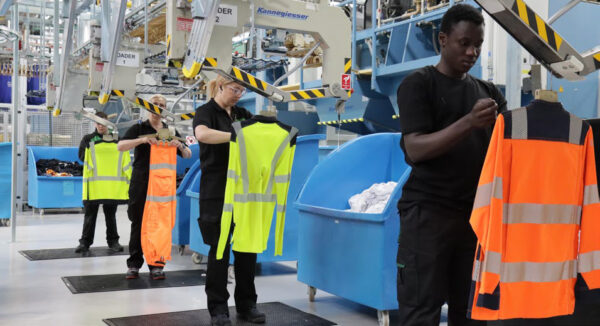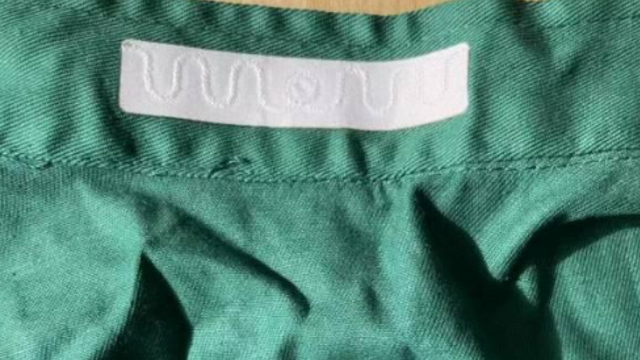Cost Of Lost Surgical Probes
The hospital has implemented EPC Gen 2 RFID tags to help identify surgical probes that are often accidentally thrown away after procedures. Because the probes are small, they are sometimes entangled in the linens after surgery. Most of these linens are either disposed of outright or sent through harsh laundry and sterilization procedures.
Since the probes can cost anywhere from $17,000 to upwards of $35,000 each, losses can have a significant financial impact.
RFID System Deployment
Columbia, S.C.-based Integrated Business Systems and Services (IBSS) developed an RFID solution for the organization’s 750-bed tertiary hospital that leveraged Greenville’s existing Cisco wireless LAN, along with Xerafy passive RFID tags, ThingMagic EPC Gen 2 Mercury5 and Astra RFID readers, and an RFID portal from Industrial Portals – a division of Jamison Door.
IBSS installed a heavy-duty Mercury5 RFID portal for the OR linen cart exit to the laundry and decontamination rooms. All linens are moved through this hallway and placed in biomedical or standard trash bins, or in a holding area for cleaning. If a probe passes by the portal in one of the laundry carts, an audible alarm sounds. Information about the event is communicated via the Wi-Fi network to the IBSS SynTrack for Healthcare application, which issues e-mail alerts to the appropriate personnel.
To tag the small surgical probes, IBSS selected Xerafy’s durable XS UHF tags. The world’s smallest ruggedized passive RFID tags have a read range of 5 to 6 feet and can be embedded easily in surgical tools without interfering with their use. The XS Series is designed to comply with the most stringent FDA requirements to CPG Sec. 400.210 for RFID use and ISO-10993 for Biocompatibility and FCC compliance to Part 15.231a. The tags are rugged and will withstand 1,000 repeated autoclave sterilization cycles.
Tracking Medical Equipment
The hospital reports that no devices have been lost since the RFID instrument tracking system went live, and return-on-investment was expected within one year. Following the successful deployment of the probe-tracking application, the hospital began deploying ThingMagic Astra UHF RFID readers throughout its main facility to track other mobile assets. Ultimately, the hospital plans to track to up 5,000 mobile medical assets.
In addition to providing instrument tracking systems for hospitals, Xerafy’s autoclavable RFID tagging solutions can track the progress of the decontamination, sterilization, and staging processes. This can help staff ensure compliance with sterilization procedures, calibration, and certification. The benefits of risk mitigation to the hospital and efficiency in locating any piece of tagged equipment make RFID tracking inevitable for the healthcare industry.
Xerafy is a pioneer in Industrial RFID, bringing to market several innovations that enable advanced industrial identification and automation capabilities.
In addition to a complete range of field-proven RFID tags available off-the-shelf, Xerafy offers Custom RFID Tags services, covering everything from a personalization service bureau to custom-design engineering capabilities.

